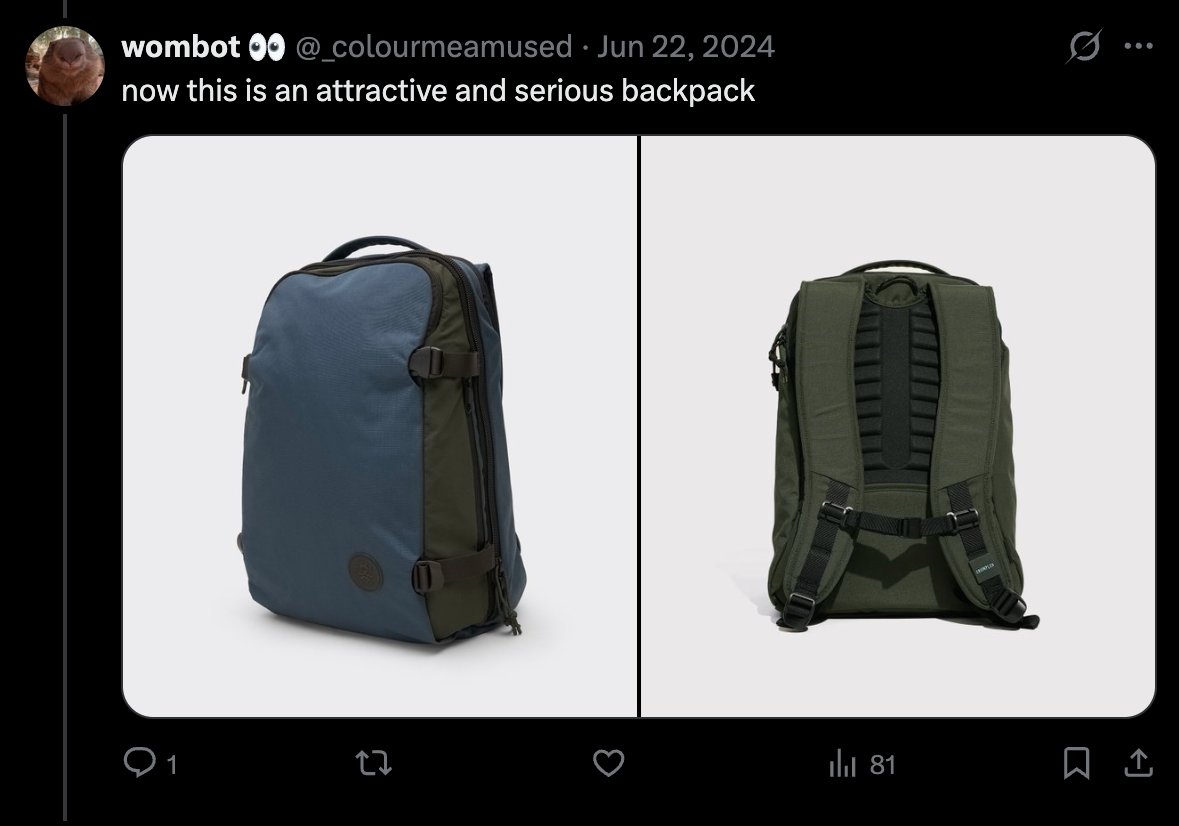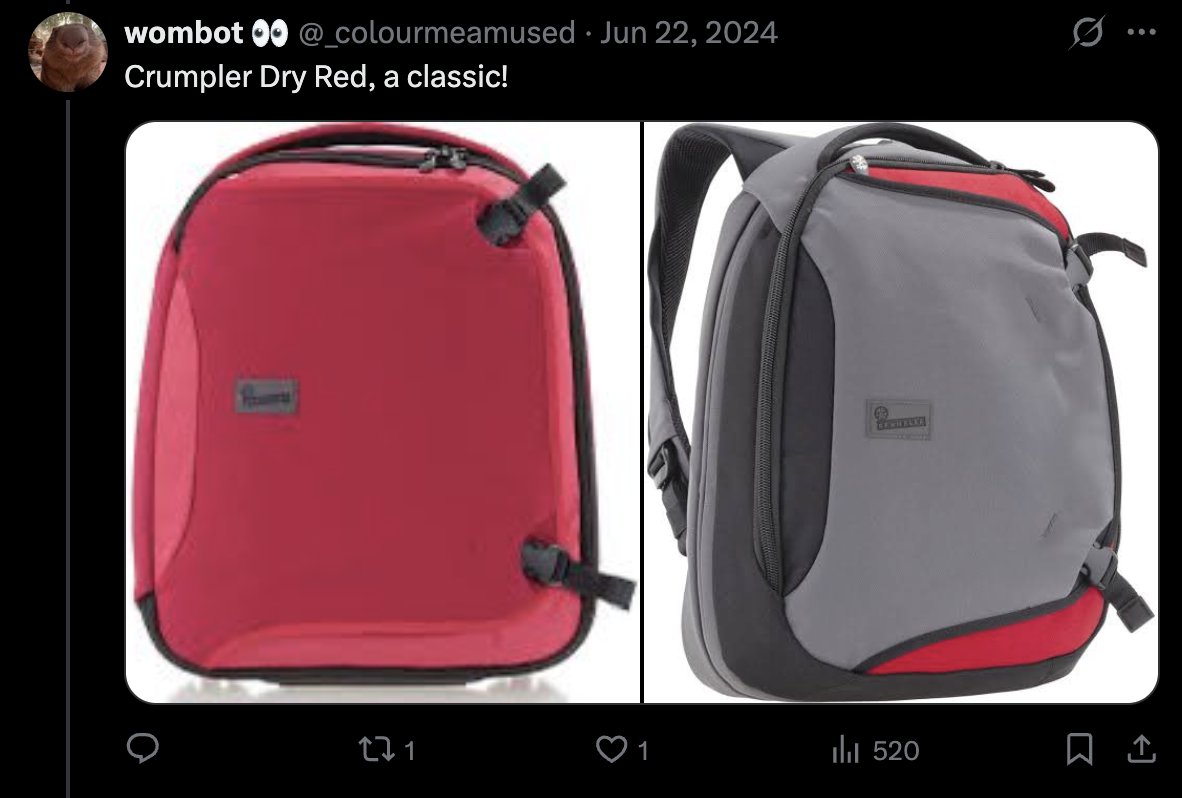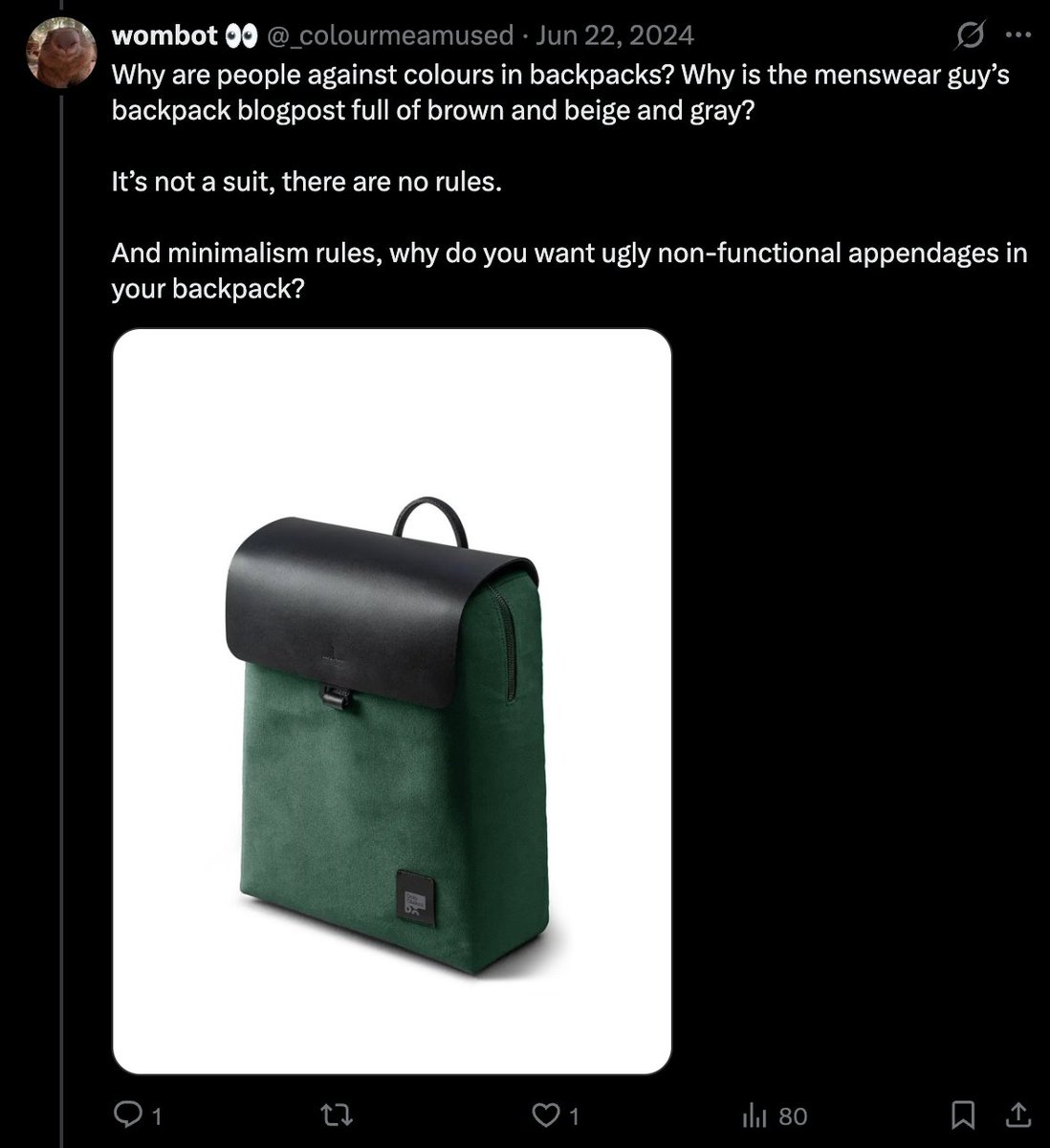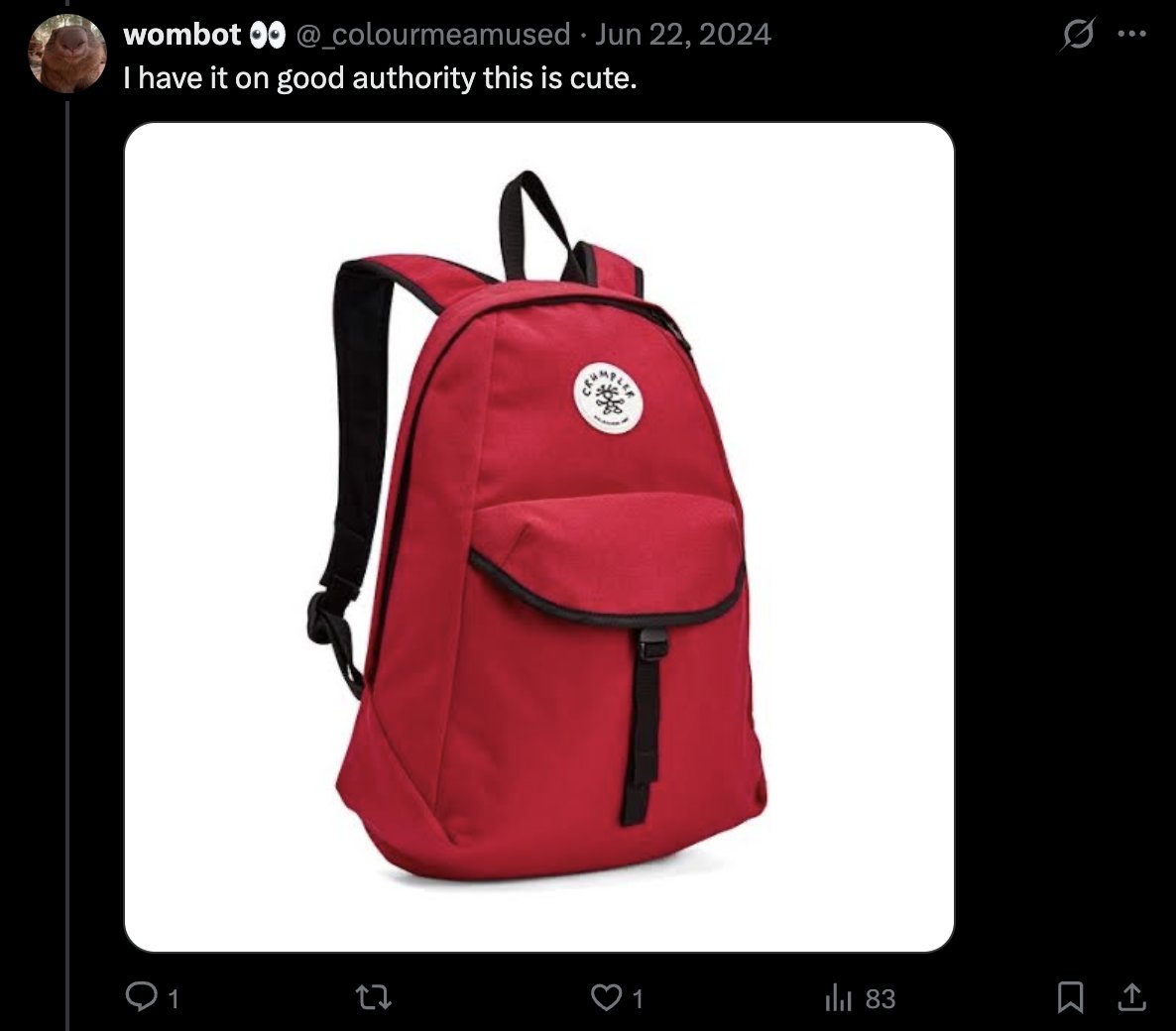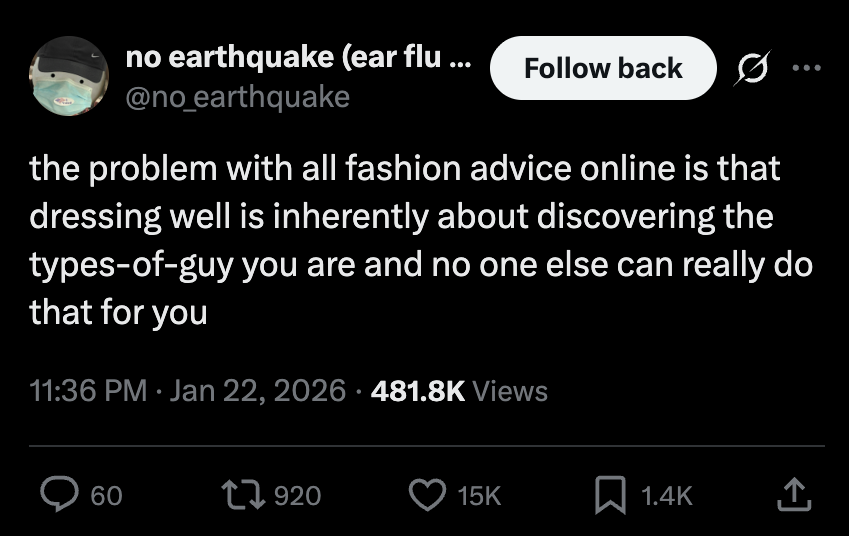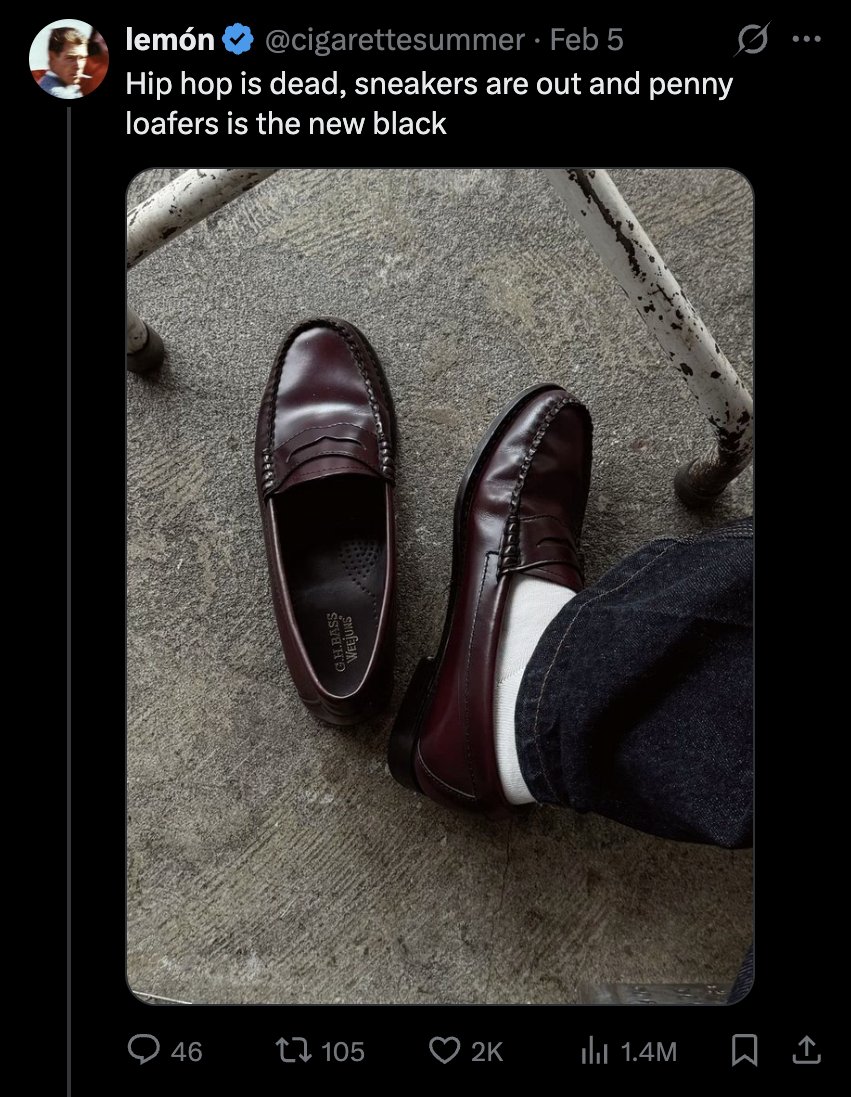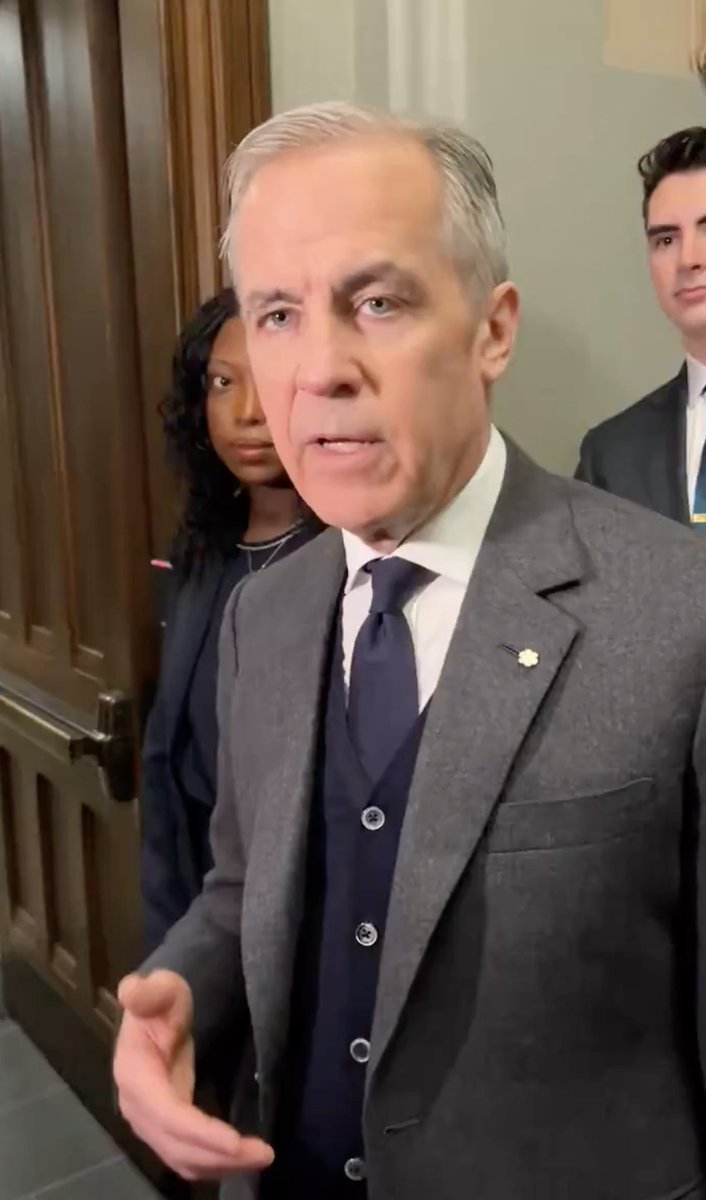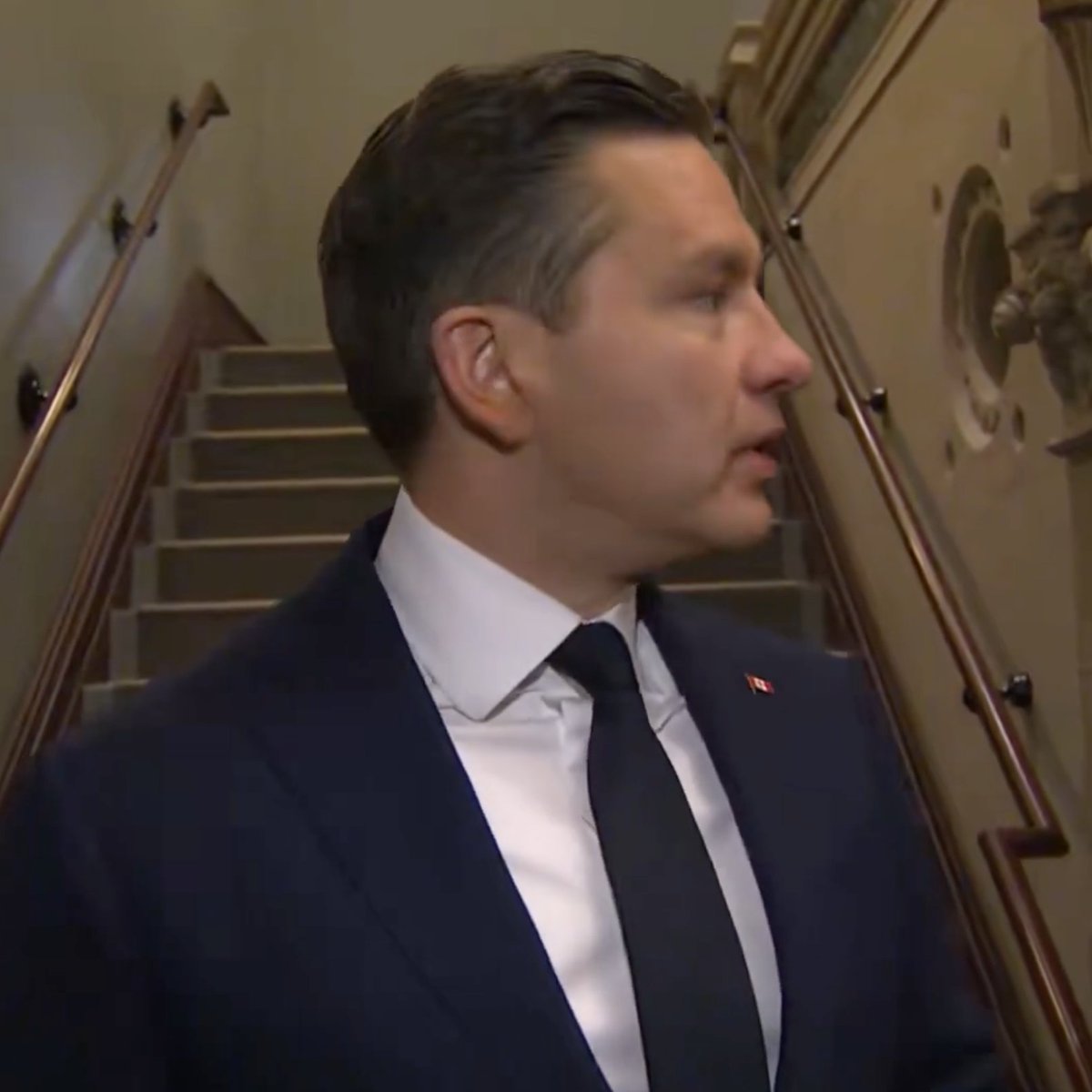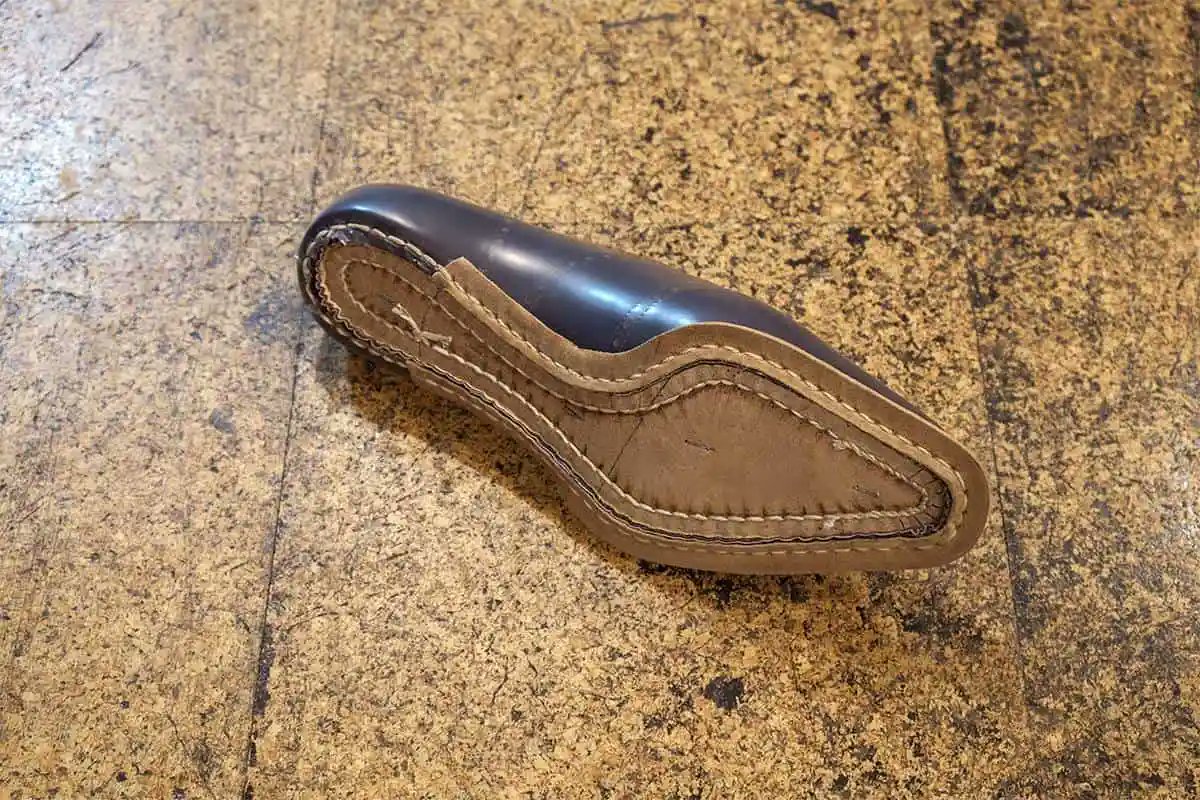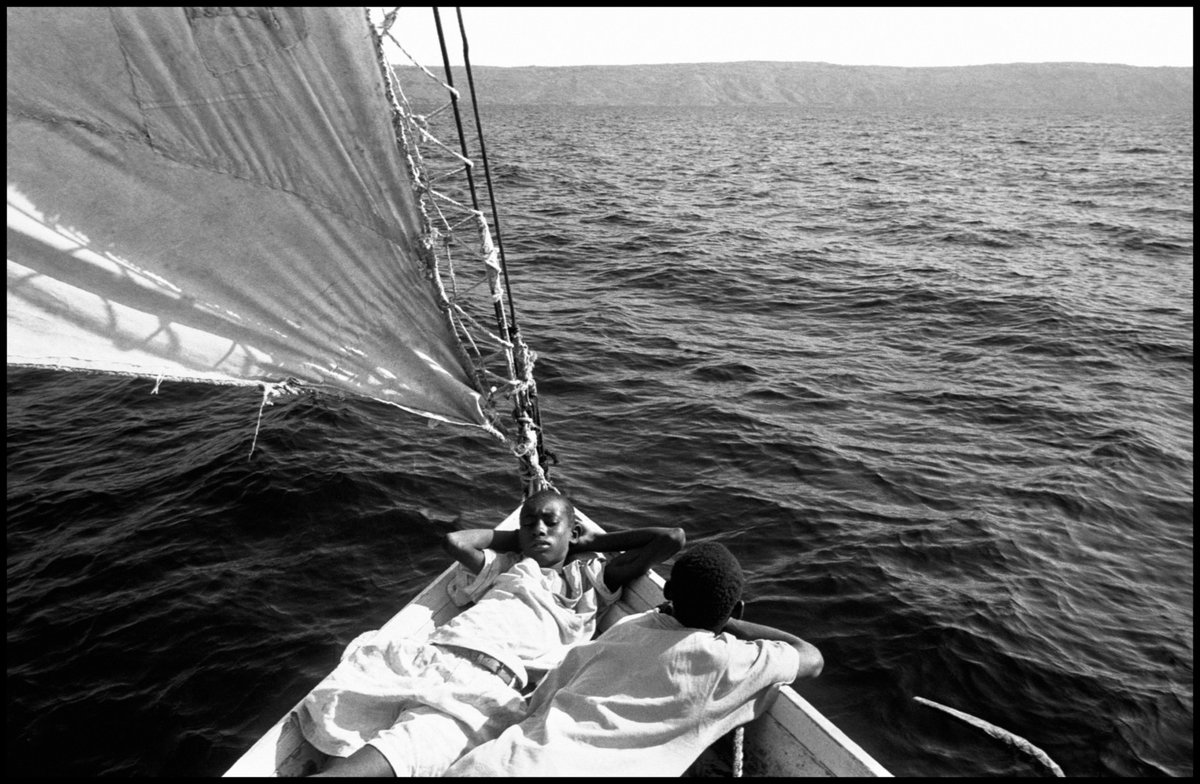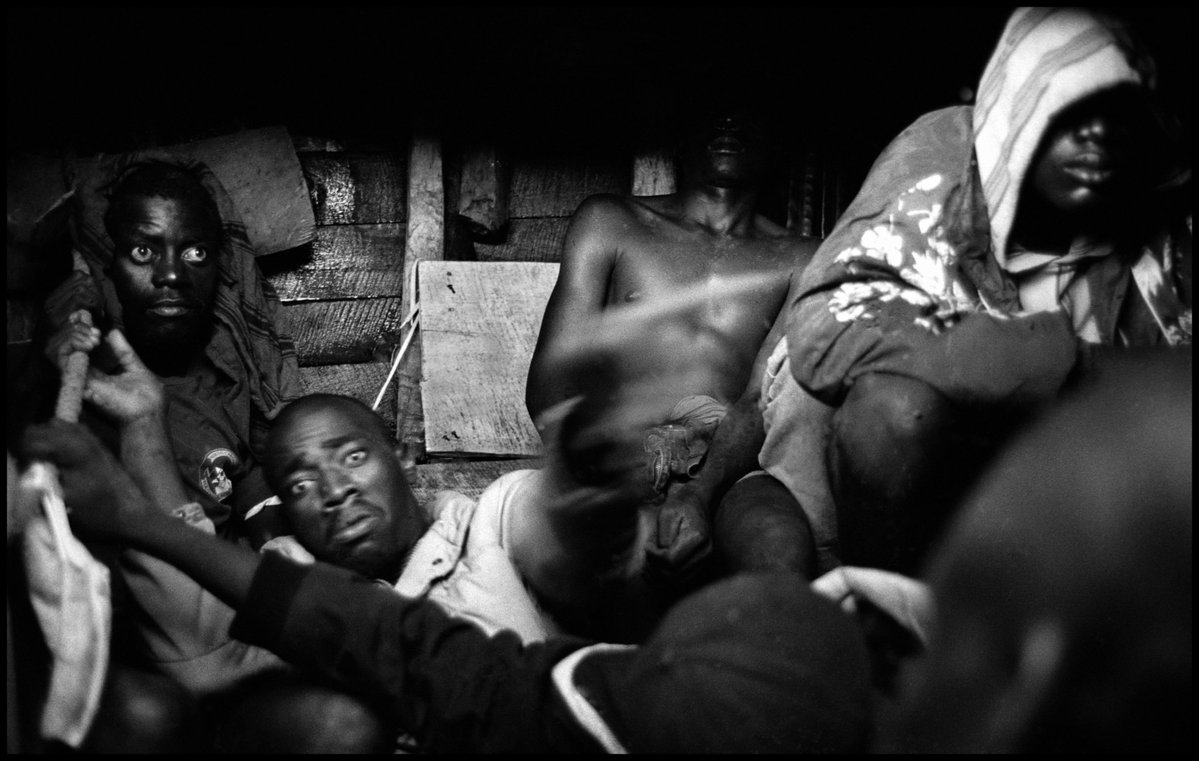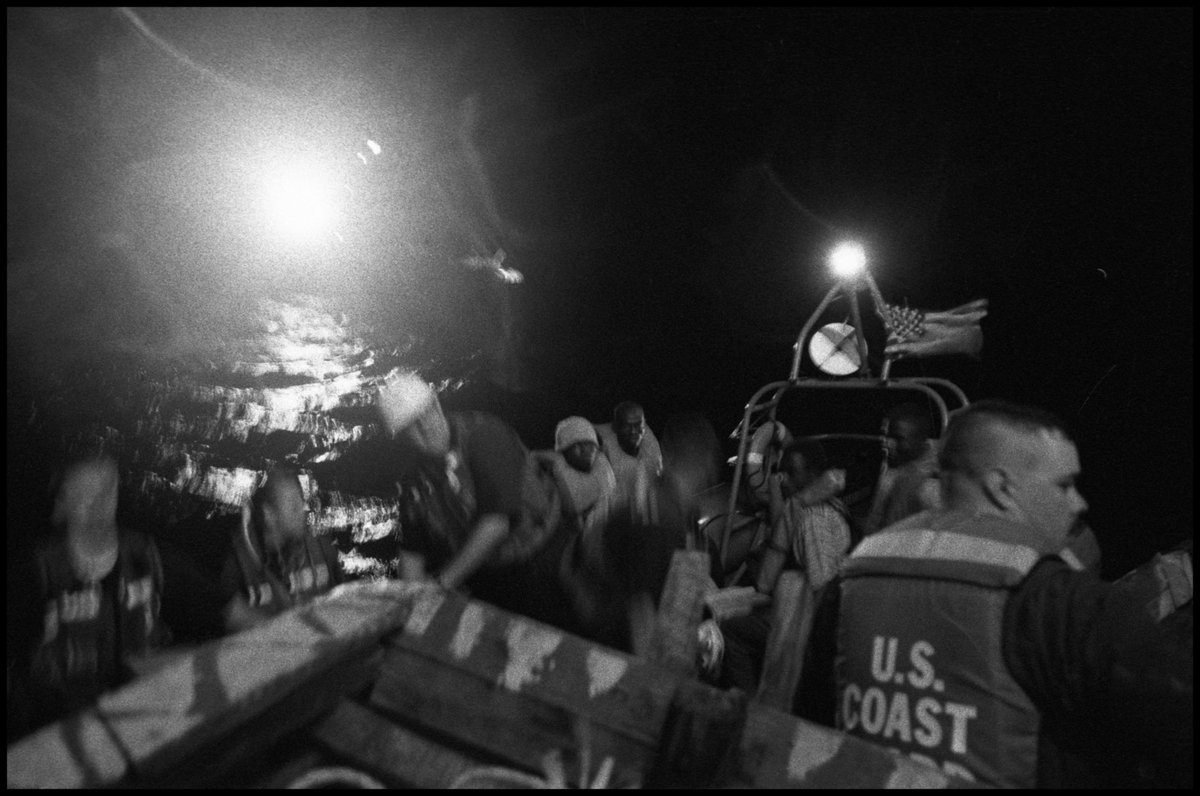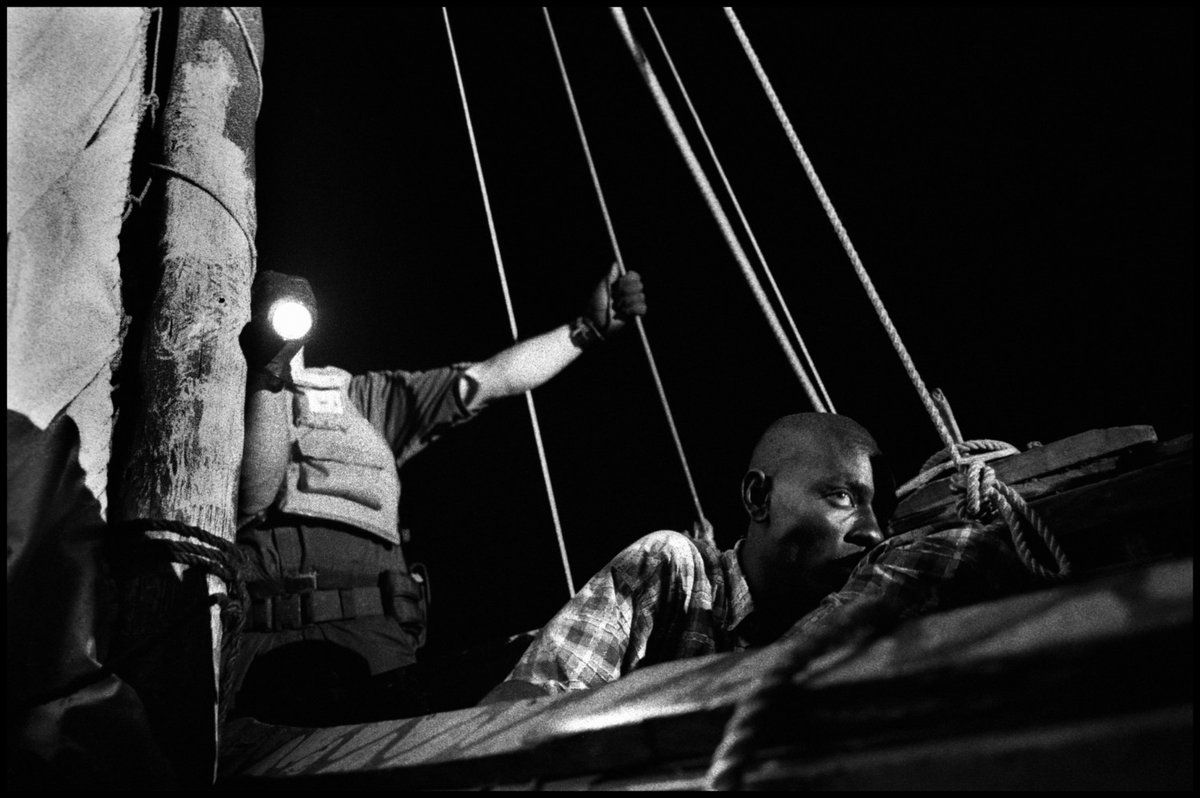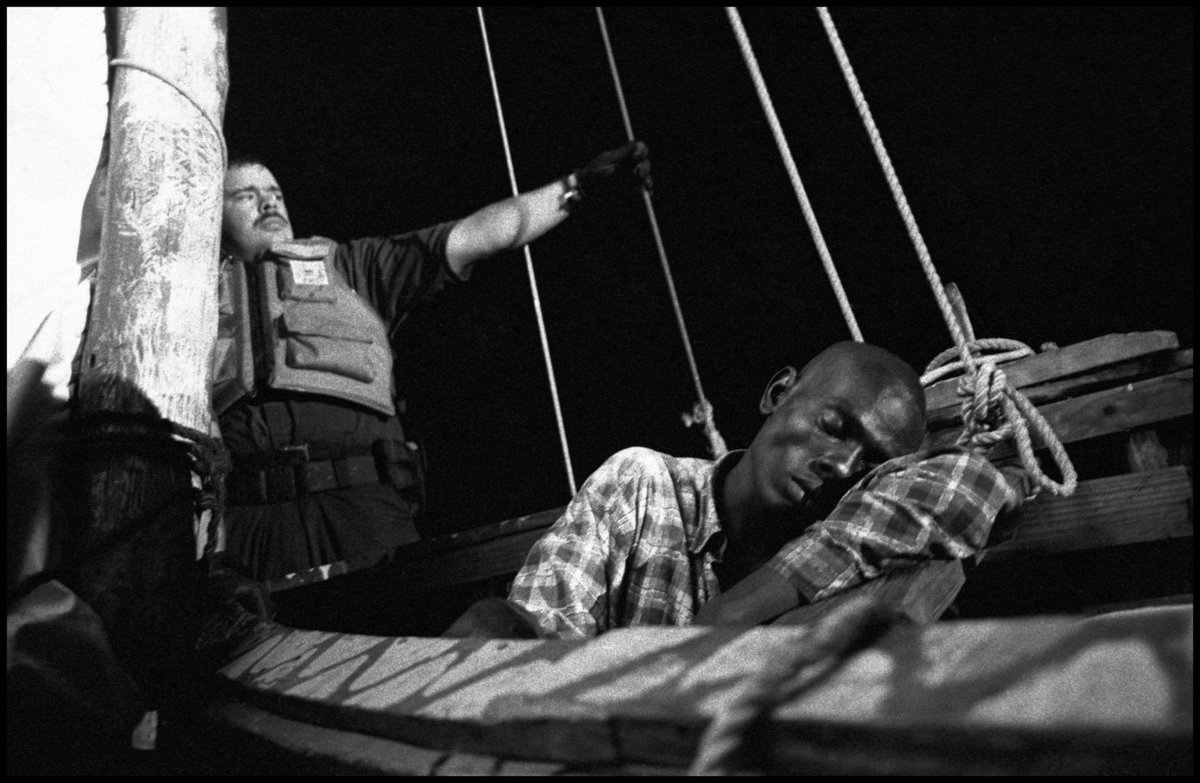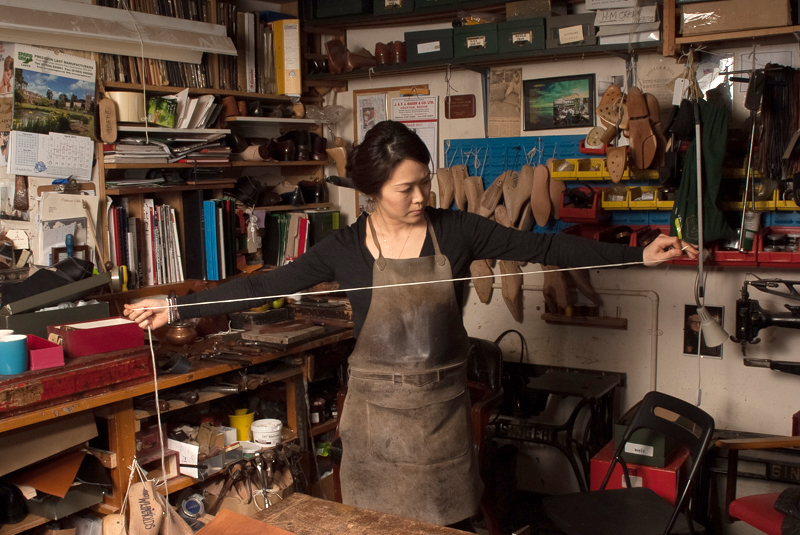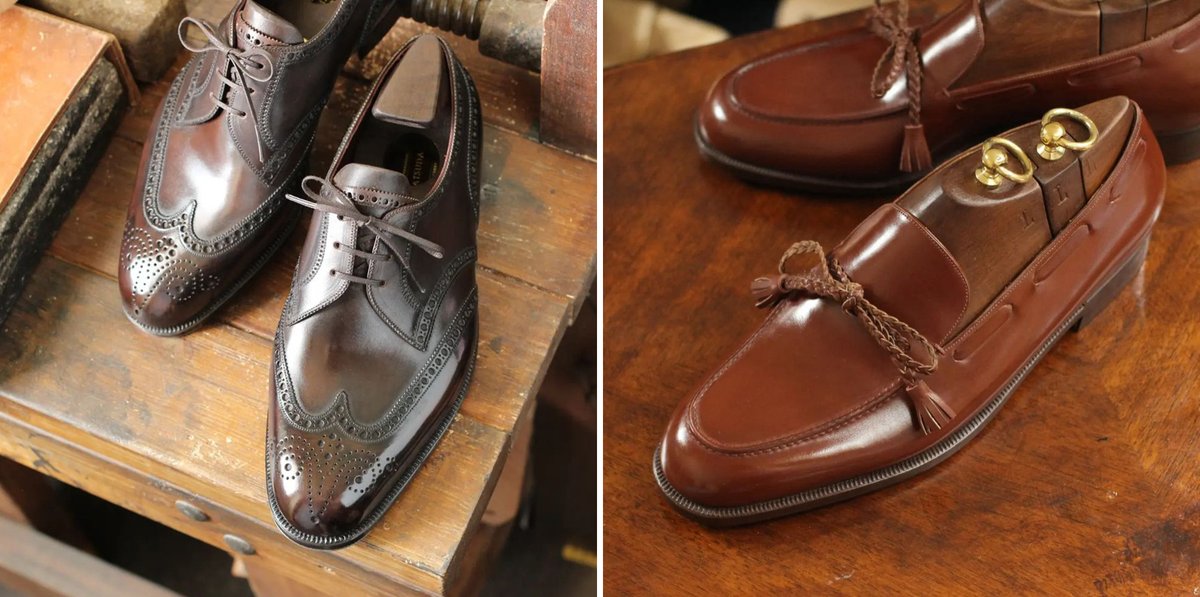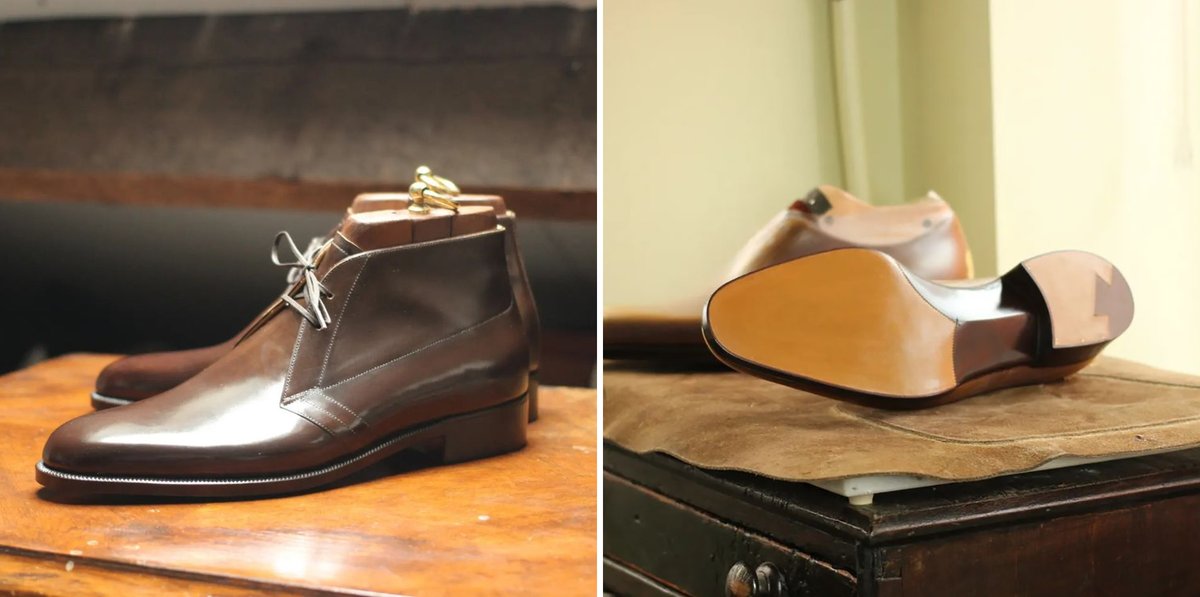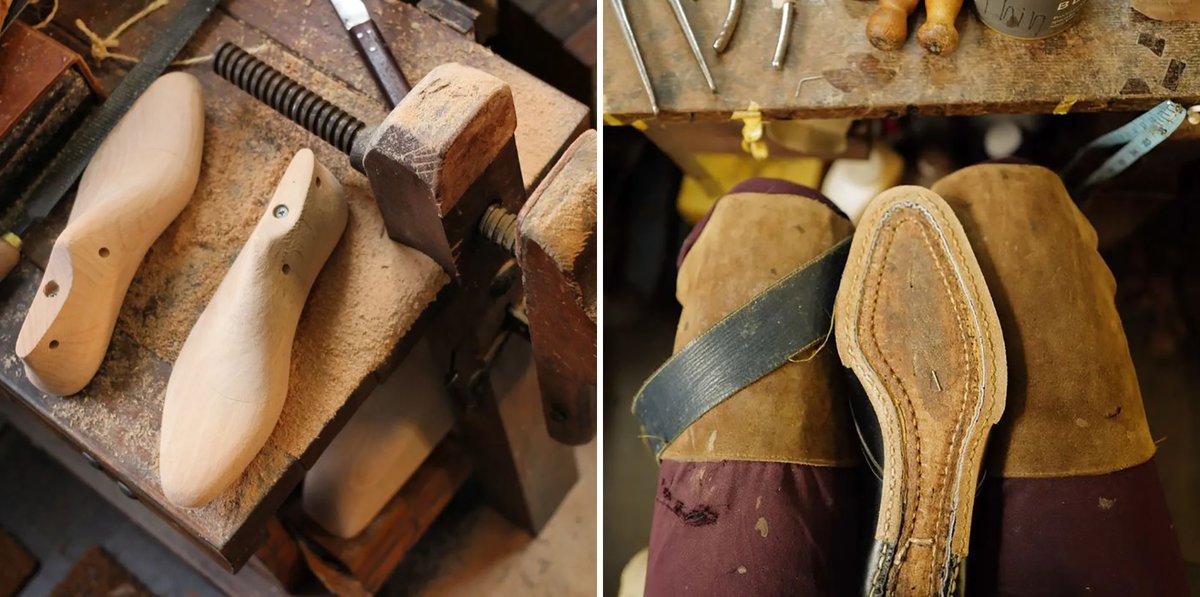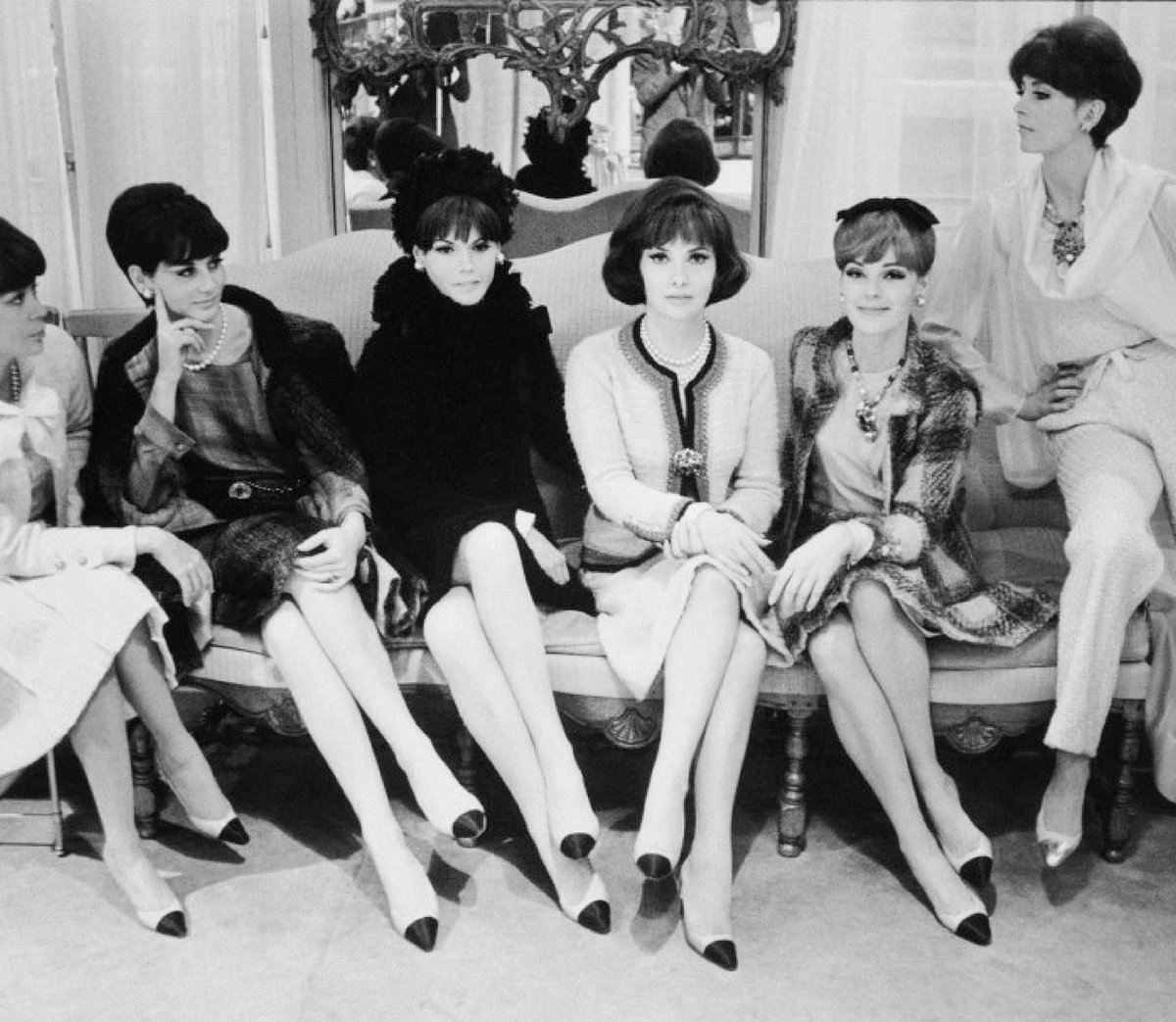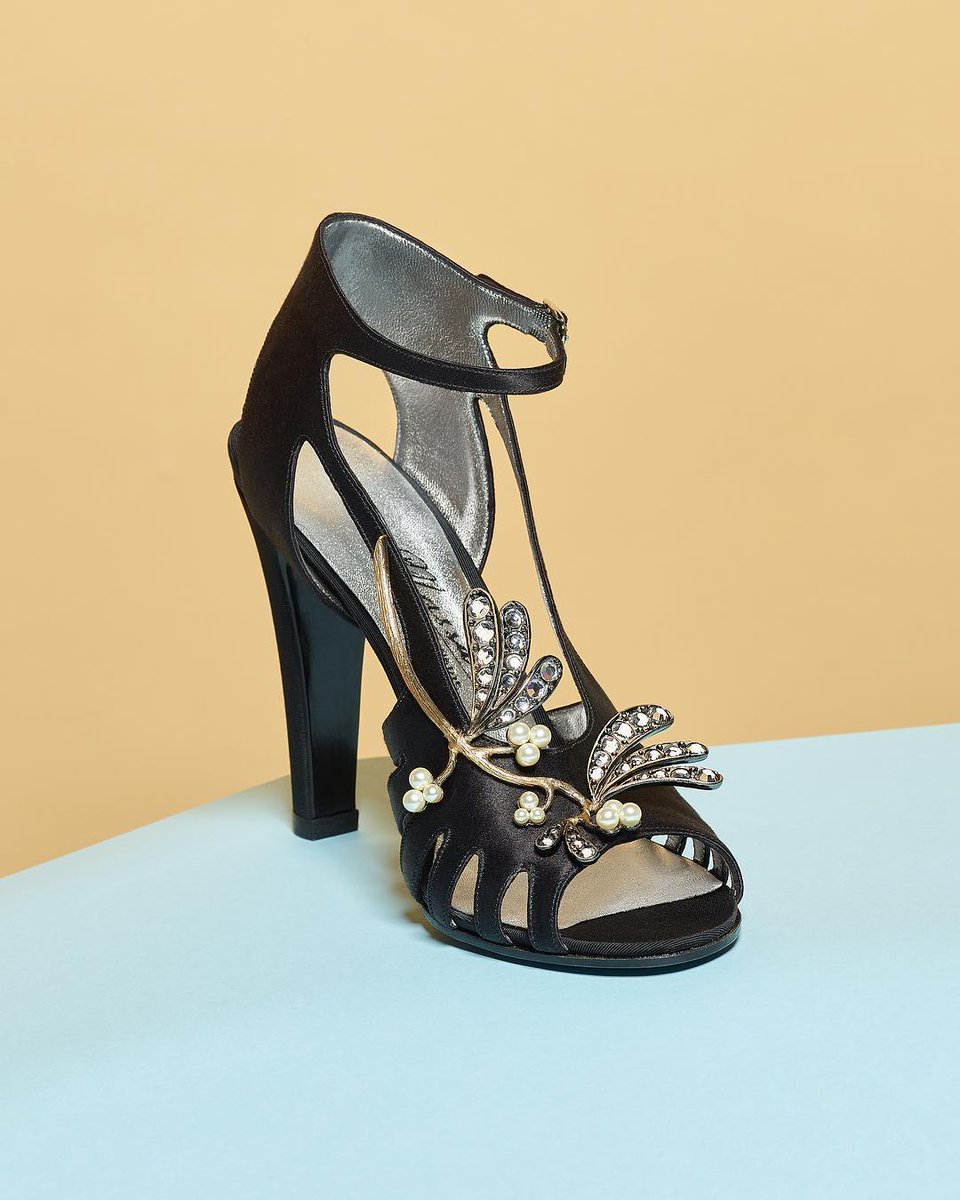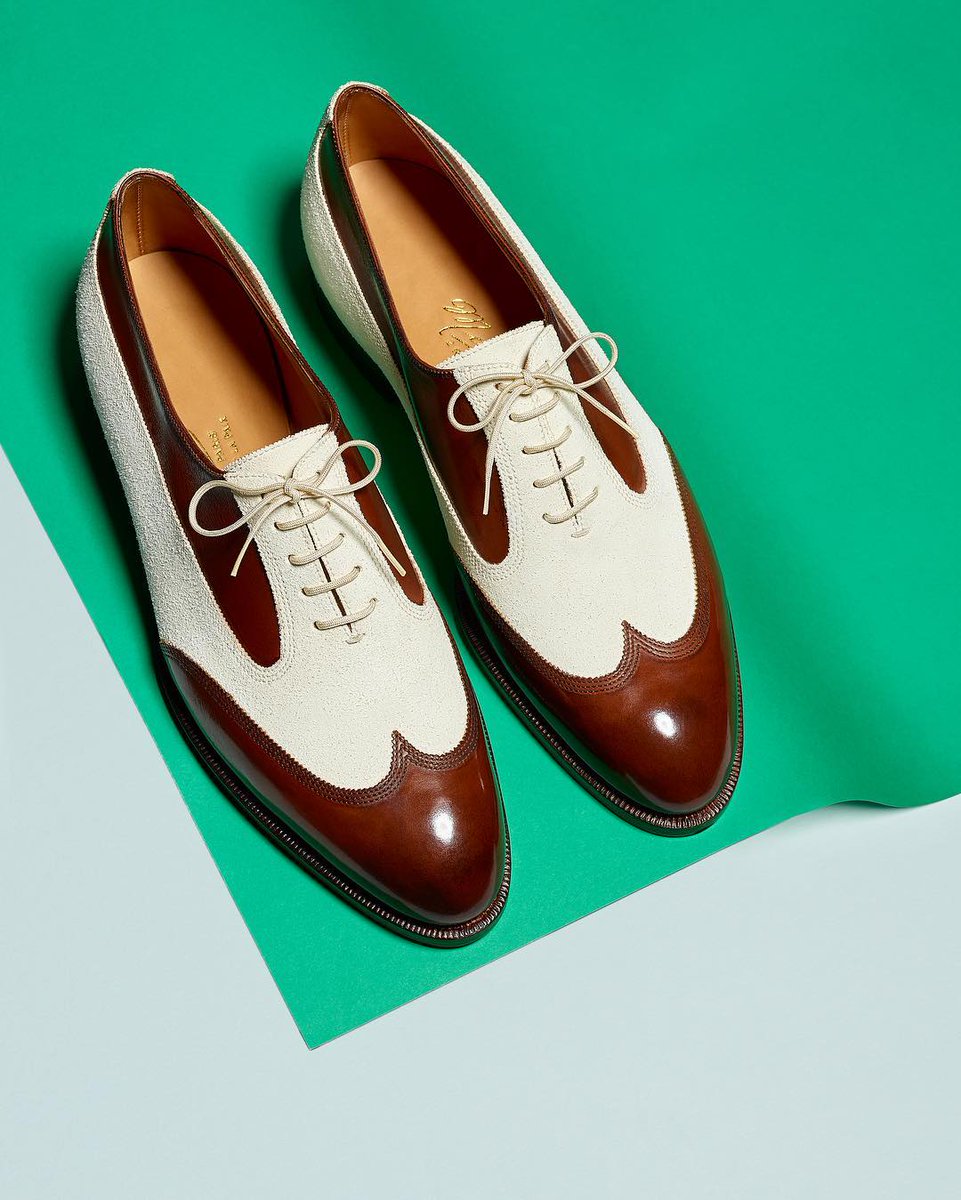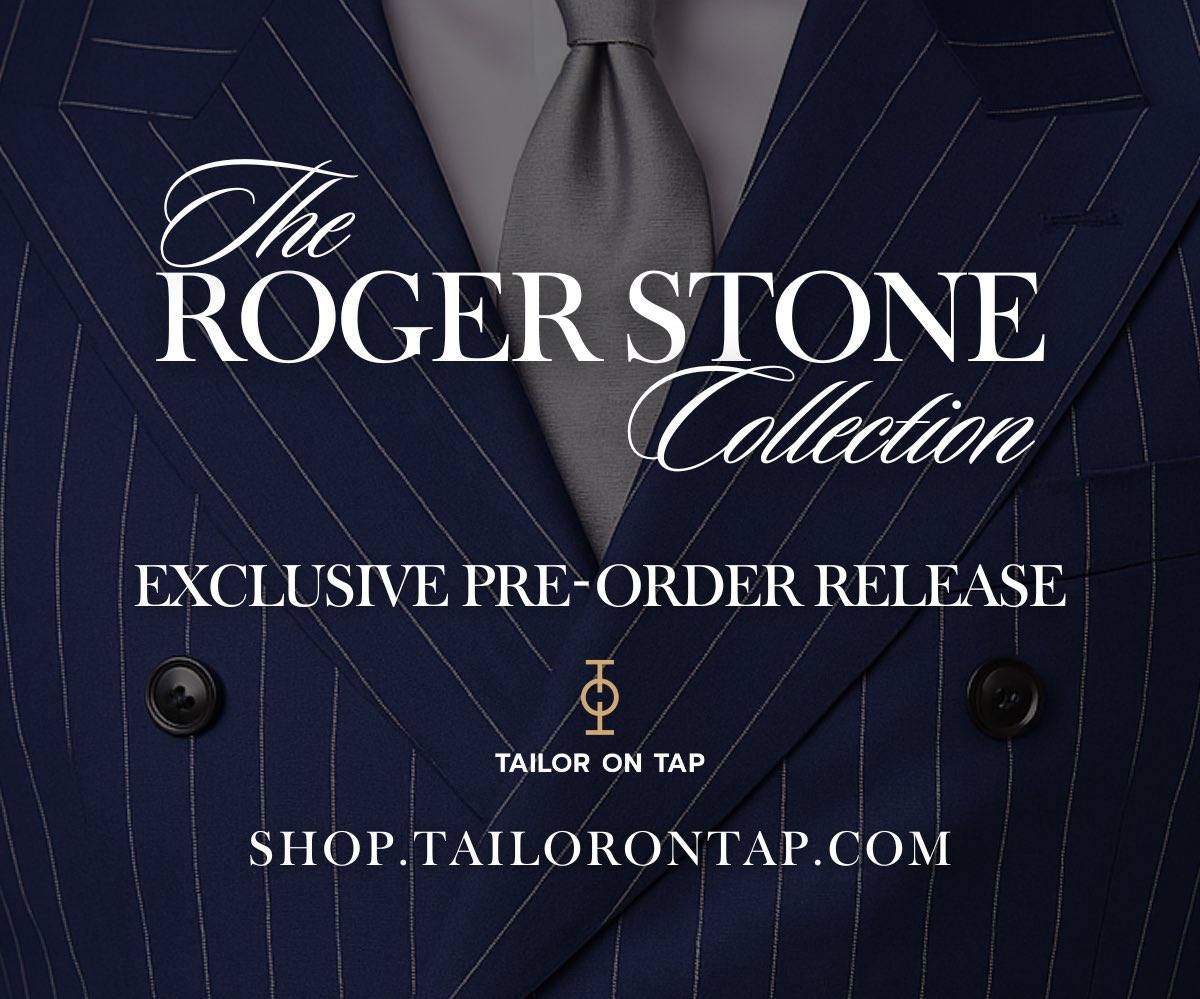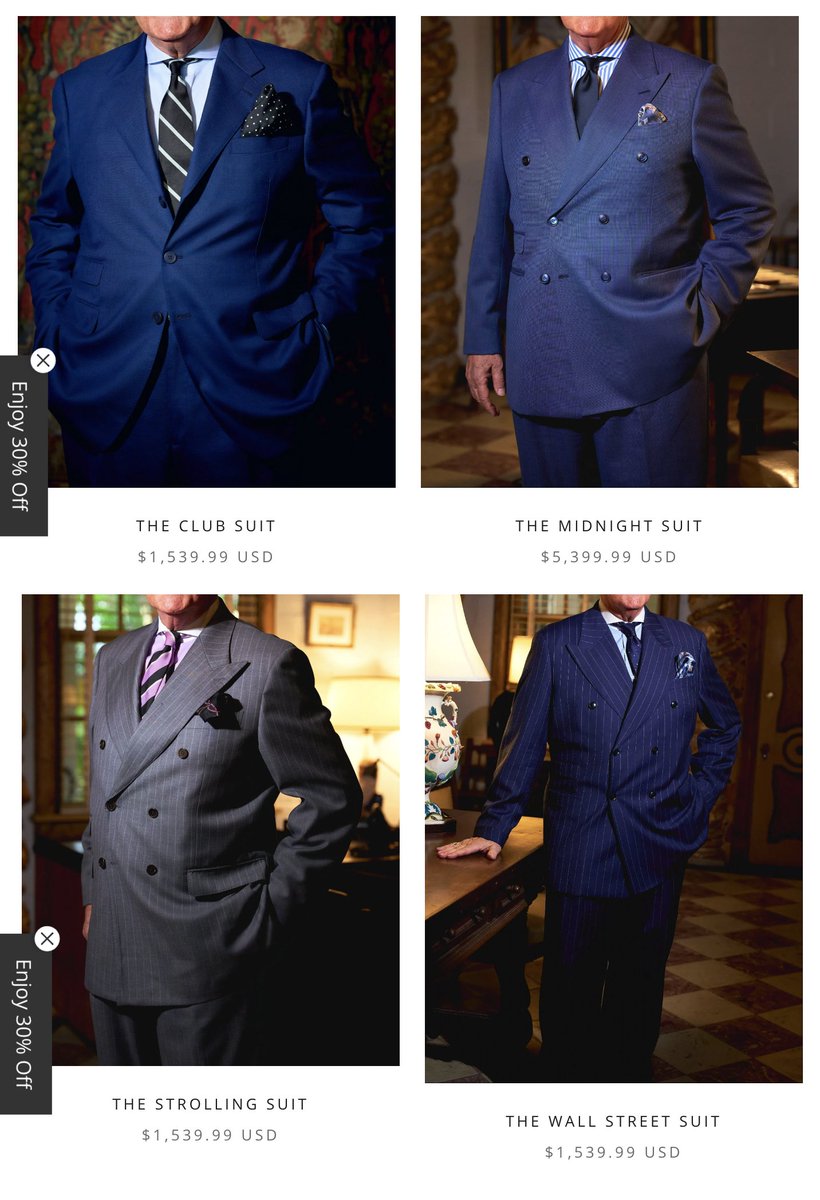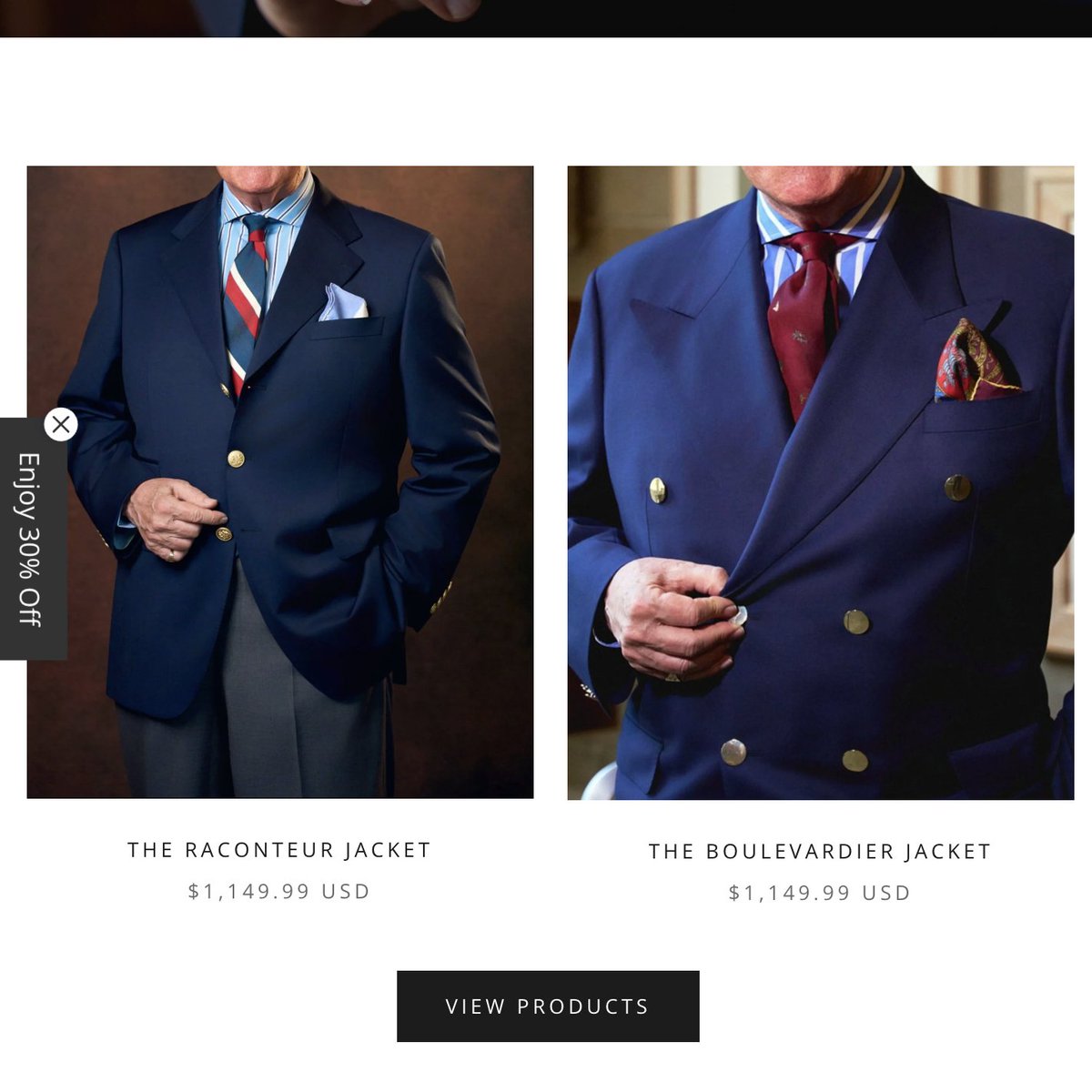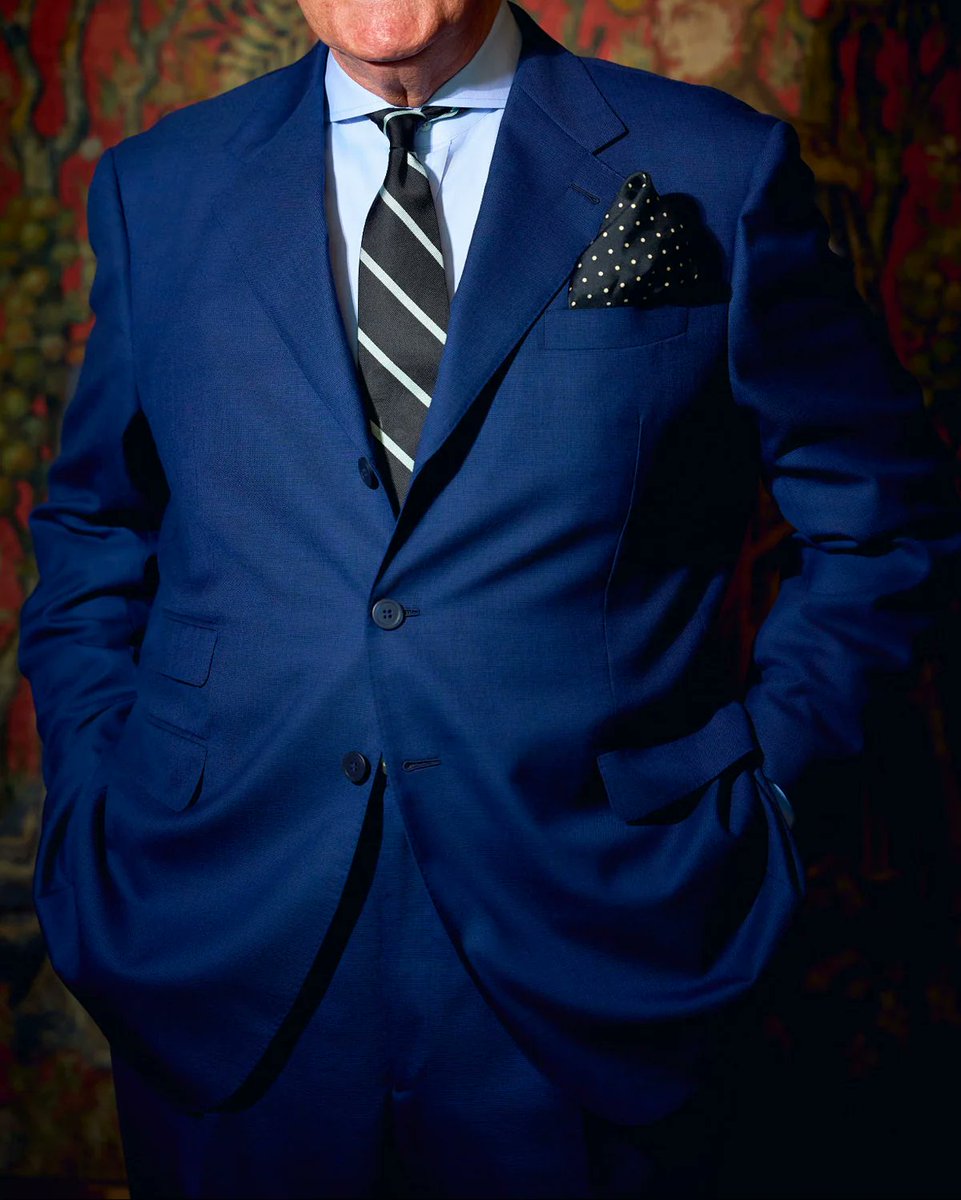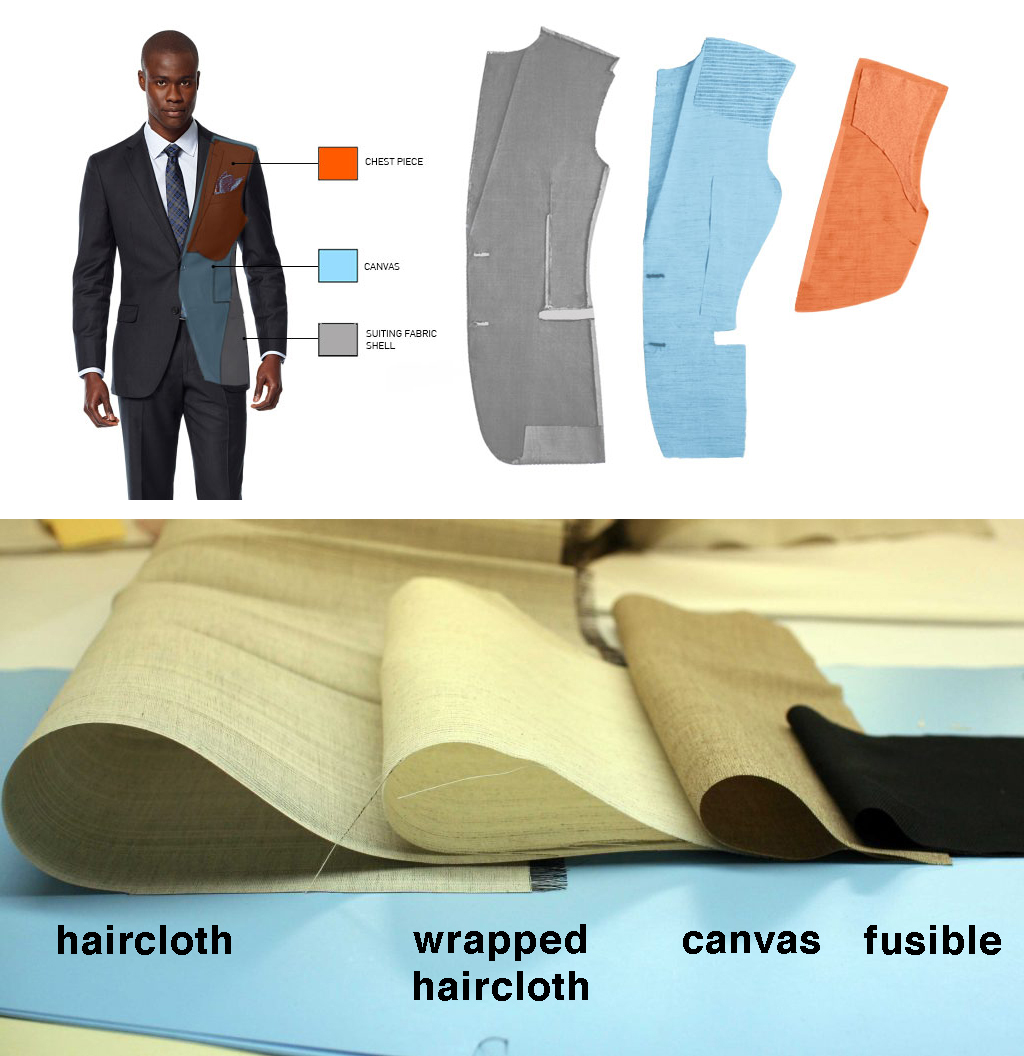The producer of Ben Shapiro's show reached out to me to see if I'd like to discuss Ben's attire on his show. Like with Piers Morgan, since Ben invited feedback, I will do a thread comparing him to a menswear icon—this time, Ralph Lauren's Polo Bear. 🧵 


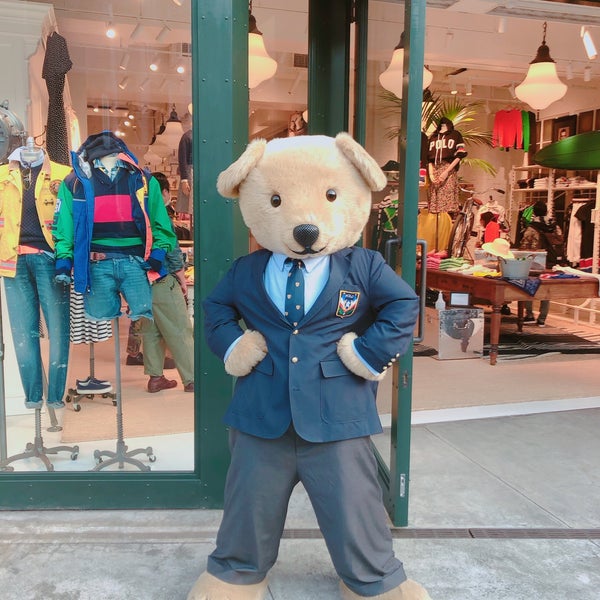
Unlike his colleagues, Ben's tailoring is not bad. Jackets have shape and fit him well. Compare his jacket to Peterson's, which looks like it was dunked in water (the small collar gap on Ben would be filled if he wore a dress shirt). Tonal seersucker in the second pic is cool




Unfortunately, a tailor can only do so much. They only make your clothes, not put them on you. For men of a certain social class, this task would have been historically performed by a valet. Such a relationship was hilariously depicted in the British TV show Jeeves and Wooster
Most men today, including the ultra-rich, don't have valets, so they have to dress themselves. Ben is not very good at this because he doesn't understand the cultural language of clothing. He combines random things based on what catches his eye in the morning.
For example, tan belts don't go with charcoal suits because tan leather was historically worn in the country and charcoal worsted was worn in the city. Likewise, a burgundy dress shirt with black jeans and tan sneakers says nothing except "I'm sad Express is closing."




Compare this to Polo Bear, whose outfits have a sense of culture and history. He knows how to marshal patterns, fabric, and color so that his outfits communicate something: a fishing vest with blue chambrays; a turtleneck with a pinstripe suit. Keep this in mind as we go forward








Ben here is wearing a tailored jacket with patch pockets (a casual detail). But the smooth, grey fabric is too close to what you'd expect to see on a suit, making the jacket too formal for jeans. It looks like he spilled something on his suit pants and had to change out of them. 

Polo Bear knows that grey odd jackets need texture in order to convincingly pass as sport coats. The tweed herringbone here is perfect. Heavy textures and loud patterns make tailored jackets less formal, allowing you to bridge the gap in formality between your pieces.




Here, Polo Bear is wearing a tailored jacket with jeans. Notice how he's reduced the gap in formality: a navy blazer and grey herringbone tweed are less formal than a suit jacket. He also wears them with textured knits, plaid shirts, and casual leather shoes. Success!




Here's another confusing outfit. The dressy navy jacket doesn't go with an untucked shirt, jeans, cowboy hat, and techy running sneakers. Ben seemingly thought the faint windowpane on his shirt and jacket would pull everything together. But he misses the bigger picture.




Polo Bear knows that if you want to create a Westernwear outfit, you need to wear things like barn coats, fringed leather jackets, chambray shirts, henleys, leather vests (if you're daring), and cowboy boots. The red bandana around the neck here is jaunty.




Successful outfits don't have to slavishly follow history. But see how Ben wears a cowboy hat with a blue dress shirt, jeans, and a black dress belt (confusing). Polo Bear creates a coherently rugged look: sportswear jacket, chunky knit, and hiking boots. Hat now looks at home




The first outfit—a black poplin dress shirt with a light grey orphaned suit jacket—is something you'd see after complaining about your chicken wonton tacos at Applebee's. But a black turtleneck with a charcoal chalkstripe DB flannel suit is dashing. See the difference?



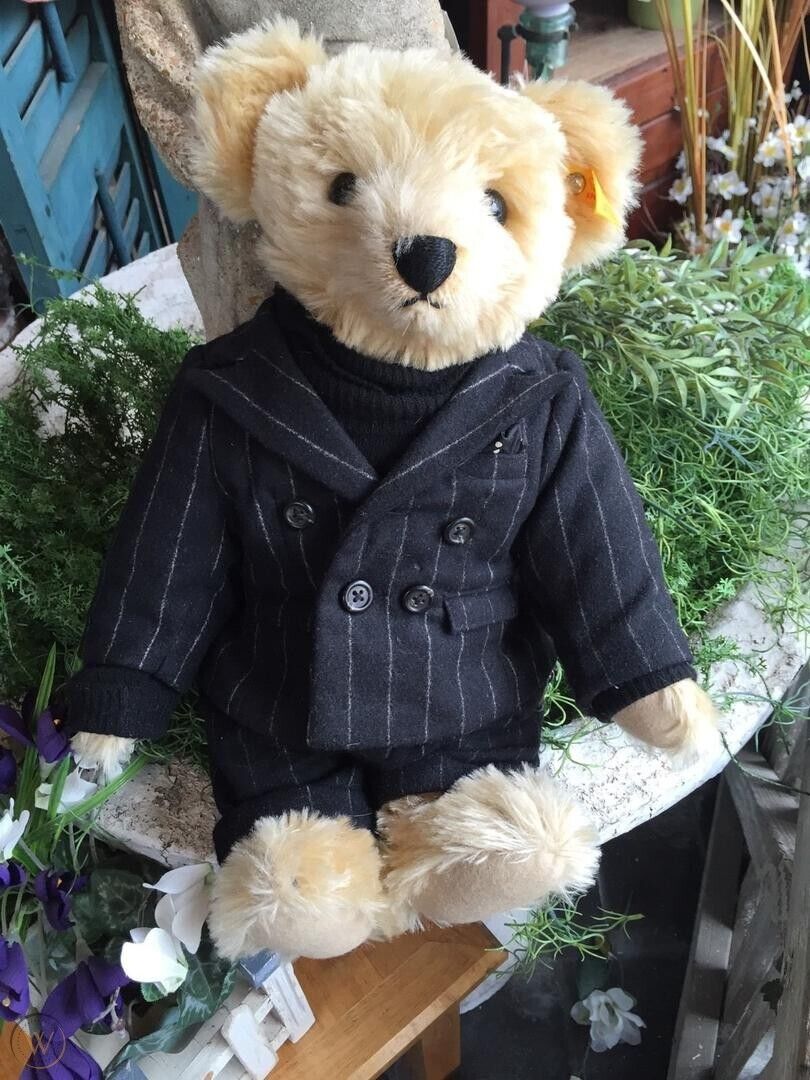
Ben's outfit with a light-washed trucker jacket, white T-shirt, and black jeans looks like something your mom would buy you for your first day of school. But a better trucker jacket worn with a snap-button plaid flannel Western shirt says "rugged workingman."




We can see this outfit in its full glory here. The uniquely engraved two-piece silver buckle is set on a hand-tooled leather belt strap. There is coherence in terms of history and ruggedness, as well as a touch of craftsmanship. The popped corduroy collar is also a nice touch.




First outfit again makes no sense: a rugged leather jacket with a spotted dress shirt (the kind you'd receive in a clothing subscription box with "fun socks") and brown leather oxfords (a shoe style historically worn with suits for business). Second leather jacket is just ugly.




Polo Bear knows that you must first choose better clothes and then combine them thoughtfully using a sense of what materials, colors, and designs mean. The brown motorcycle jacket here looks great with black jeans and engineer boots (a motorsport style). Even the watch matches.




Ben also needs a better grasp of silhouettes and proportions. The overly long hoodie here looks weird with skinny jeans. No such issue for Polo Bear, who knows that oversized knits are more easily worn if you pull up the hem and wear them with looser pants.




He should also pay attention to visual weights. Pecoats are made from a very thick 32oz Melton wool. They cry out for a chunky knit underneath. This is no issue for Polo Bear, who knows he must balance the visual weight of his overcoat with a chunky knit. Balanced!




For some reason, Ben's tailor—who is normally good—cut him a formal vest like the kind of vest you'd wear with a business suit. This is wrong. Formal vests should be cut low, as you see here on Polo Bear. Ben should get the vest recut or wear a cummerbund.




Mostly, Ben's outfits need direction. These outfits are bad because they are random things pulled together, organized by little more than whatever color theory Ben has invented in his mind. Many also need a jacket, some texture, or an interesting silhouette—something for style.








By contrast, see how Polo Bear can dress for different occasions and activities. Many outfits here are quite casual—a few even involve shorts—but they all rely on the smart combination of styles, fabrics, and colors to express something about cuture and identity. 

In these outfits, we also see a smart use of texture and pattern to create interesting ensembles. Even the sweater in the fourth slide has texture and pattern—it's not just your most boring, solid-colored, smooth merino crewneck or v-neck. Outfits need sauce.








Nowadays, putting together an outfit can be challenging because there are thousands of different aesthetics (just as there are thousands of languages). You have to learn a design language, which takes time. Ben can start by learning that a hoodie is not a jacket. 

The best way to learn this language is to pay attention to culture.
Or just copy the Polo Bear. 🐻
(Video below by the_real_lin_shady on TikTok. Thanks to @JeremiahDJohns for the Polo Bear idea)
Or just copy the Polo Bear. 🐻
(Video below by the_real_lin_shady on TikTok. Thanks to @JeremiahDJohns for the Polo Bear idea)
• • •
Missing some Tweet in this thread? You can try to
force a refresh


